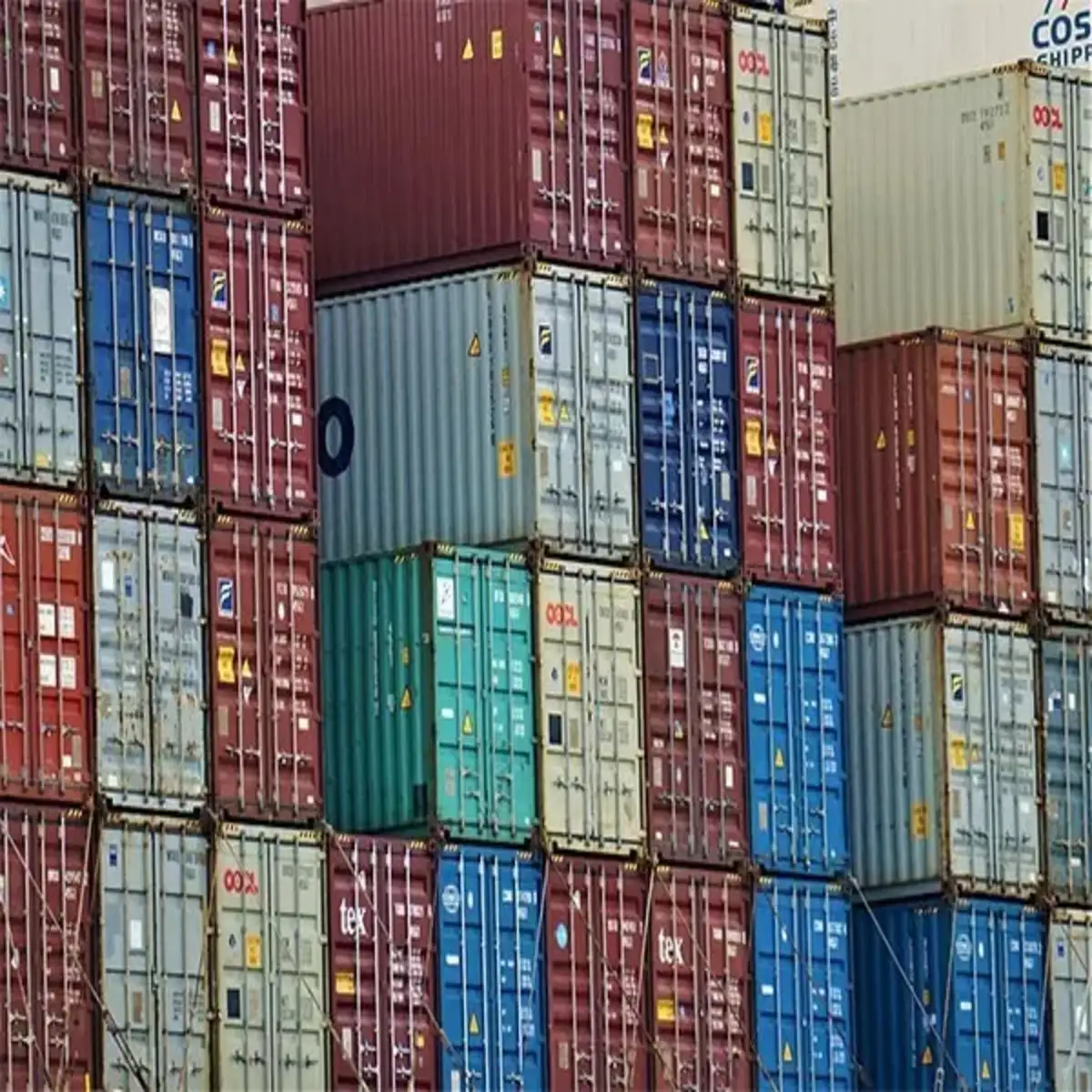In the wake of intensifying trade hostilities between the United States and China, the Indian government is expressing concern over a possible influx of U.S. agricultural commodities and Chinese manufactured goods into its domestic market. The apprehension stems from the potential redirection of exports by these nations, seeking alternative markets to mitigate the impact of newly imposed tariffs.

Escalation of Tariffs and Global Trade Dynamics
The U.S. administration has recently implemented substantial tariffs, including a 145% levy on Chinese imports, aiming to address trade imbalances. In retaliation, China has increased tariffs on U.S. goods to 125%, significantly affecting bilateral trade flows. This tit-for-tat escalation is prompting exporters from both countries to explore new markets, with India being a prominent candidate due to its large consumer base and existing trade relations.
Potential Impact on Indian Markets
Indian officials are particularly wary of the following developments:
-
U.S. Agricultural Exports: With China imposing higher tariffs on U.S. agricultural products, American exporters may seek to offload surplus commodities like soybeans and corn in India, potentially disrupting local agricultural markets and affecting domestic farmers.
-
Chinese Manufactured Goods: Facing restricted access to the U.S. market, Chinese manufacturers might divert products such as electronics, machinery, and textiles to India. This could lead to increased competition for Indian manufacturers, especially in sectors already sensitive to import pressures.
Government’s Strategic Considerations
In response to these challenges, the Indian government is contemplating several measures:
-
Enhanced Monitoring: Implementing stricter surveillance of import patterns to identify and address sudden surges in specific product categories.
-
Trade Policy Adjustments: Reevaluating existing trade agreements and considering the imposition of safeguard duties to protect vulnerable domestic industries.
-
Support for Local Industries: Providing assistance to sectors likely to be affected by the import surge, ensuring they remain competitive in the face of increased foreign competition.

